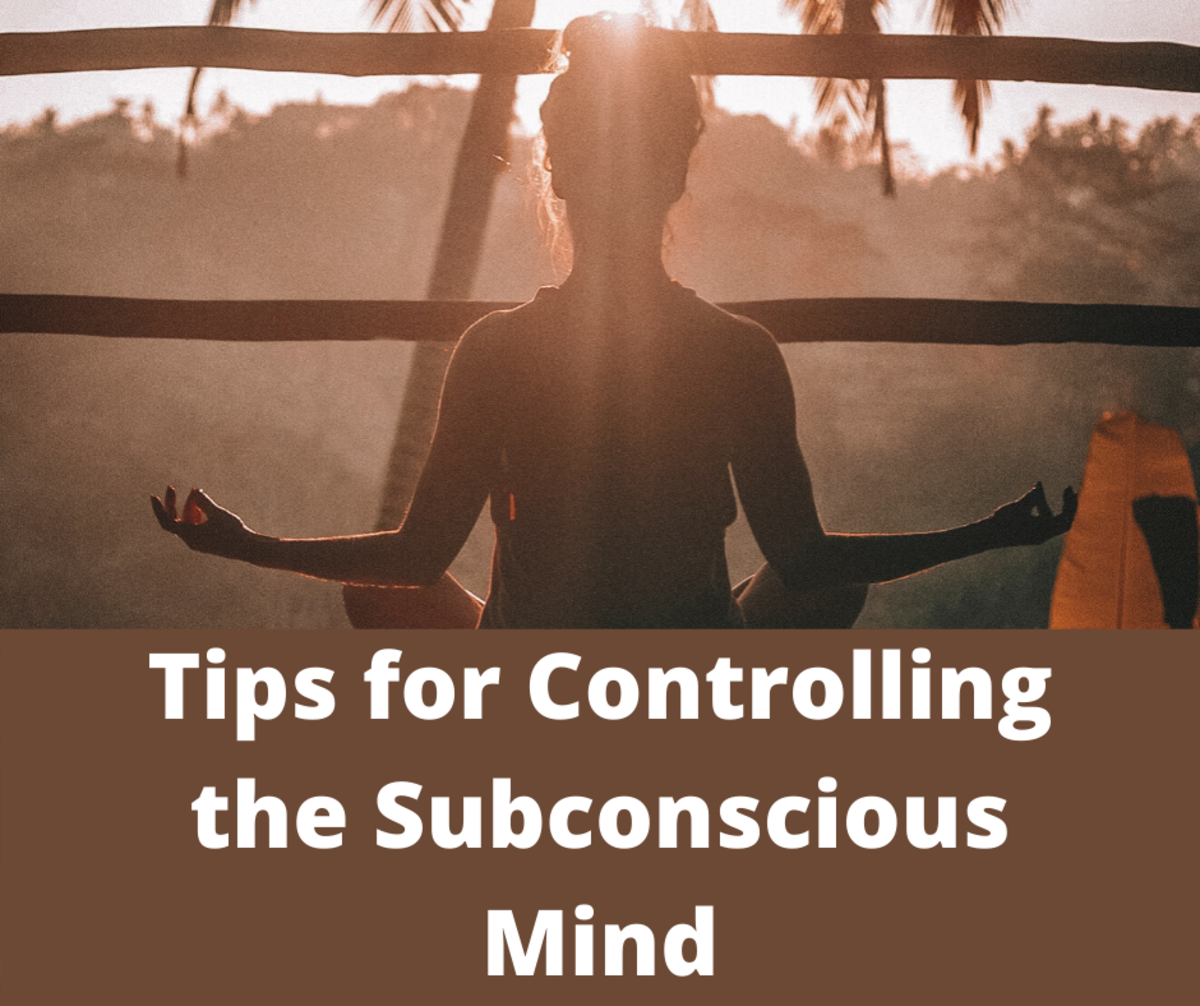How to Have a Conversation with the Universe

How to Start
I’ve had some people in the past ask me how I’m able to speak to the universe and I always tell them that it’s something that everyone can do. Everyone has access to this communication because (as I always say) we’re all connected to the universe in a very literal sense. I’d like to make it clear that I’m an existentialist and I don’t think that there’s anyone way to go about it. My way may not be your way and it's up to the individual to find what works for them and what doesn't. It’s about following your own path and listening to the direction of the universe. We all have the intuition that brings us to the point of understanding.
1. Read, Read, Read
There’s a reason why libraries are considered so important in stories. They are the representation of infinite knowledge. There’s the Citadel in Game of Thrones and The Hogwarts library in the Harry Potter series. It’s a place that feels outside of time because that’s where truth resides, in all its contradictions. I can list various books that worked for me, Zen and the Art of Motorcycle Maintenance, Special Relativity and Classical Field Theory, The Emperor’s Handbook, but what’s most important is going towards the book that speak to you. Find a subject in the sciences and follow it.
Tips: Research and find the author that pulls you in My personal favorites are Robert M. Pirsig, Grant Morrison, Leonard Susskind, and works about any of the Greek philosophers as a starting point. It’s then beneficial to grow and learn about other cultures to expand your boundaries. Then, once you start reading, think on it. Don’t just take their word for it, build your own ideas, put them through the scientific method process in your mind, and test them out.
2. Meditate
There are plenty of methods to learn about meditation: books, youtube channels (which I will list below), but the objective is to connect to your center. In order to do so, you have to be at peace and . It’s not realistic to stay in that place of peace all the time (especially at the beginning) but it opens up the lines of communication. It’s about keeping an open mind and allowing information to come through.
Tips: Find time in your day to get to a place of quietude; it can be for five minutes, as long as you stop and allow yourself the time to center yourself. Sit down, close your eyes, and clear your mind. Think of breathing and let all your worries slip away. We get so bogged down in the day-to-day that we become more like robots than real people. Mediation gives you perspective to see beyond the programming.
3. Ego Death
I won’t lie, this is probably the hardest part. It sounds severe, but it’s really about transcending the ideas that have shaped our identity to become one with the real you. We’ve been conditioned by society to do the opposite all of our lives. Expectations are placed on us from childhood, and it’s a never-ending process to break free from these pre-conceived notions both internally and externally. We are souls inhabiting bodies to experience life. If we stay confined in superficiality we will never reach enlightenment. There’s also the added benefit of giving ourselves a break from all of the pressures we place on ourselves.
Tips: Tell yourself that you are enough and that you are more than any of the supposed flaws people place on you. Vocalize all of your positive traits and admit who you are at your core. It’s nigh-impossible to go completely without ego, and it’s important to be proud of yourself and your accomplishments, but you can mitigate it so that it doesn’t control your life,
4. Follow Your Passions
The universe speaks out to you specifically. You don’t have to become someone else, it’s already within you, you’re just discovering you. For me, that translates into stories. Whether it’s TV shows, movies, books, or graphic novels, messages come through and inform me about greater truths. If you’ve read any of my other articles, you’ll notice the general idea, but information is replicated through mediums to deliver a message. The universe rarely just appears and tells you outright what’s happening, you have to decode the message.
Tips: Whatever your passion is, delve into it. Robert M. Pirsig describes quality as, “The parent, the source for all subjects and objects” (Pirsig 1974, p. 250). What draws you to your passions is something unquantifiable and therefore holds a power unto itself. When you comprehend the quality of something you understand the quality of yourself and you become one with it. You’ll see messages in your favorite sport, or gardening, or your painting and how it connects with everything. It starts with you.
5. Look For The Signs
This part is about acceptance and openness. We have the tendency to see things as coincidences and that’s a good thing. A heavy dose of skepticism is required to differentiate the fact from fiction. I never try to force something into being, I just let it happen. If something speaks to me, I wait until I receive confirmation before I accept it into something that’s more meaningful. It’s gotten to the point where that process is much quicker, but it’s always good to start slow.
Tips: Keep your eyes open to everything. When something happens that feels like a message, hold onto it. Don’t try to label it or define it, just keep it. If you see that sign return to you again, deep-dive into it. The universe aligns certain aspects of life in such a way to relay a message through symbols. Don’t chase them. Let them come to you and embrace what’s being received.
Sources
Pirsig, Robert M. (1975). Zen and the Art of Motorcycle Maintenance. Toronto ; New York: Bantam.
Morrison, Grant (1989). Doom Patrol [Comic Book]. New York, NY: DC Comics.
Kabat-Zinn, J. (1994). Wherever You Go, There You Are: Mindfulness Meditation in Everyday Life. New York: Hyperion.
Marcus, A., Hicks, C. S., & Hicks, D. V. (2002). The Emperor's Handbook: A New Translation of The meditations. New York: Scribner.
Susskind, Leonard & Friedman, Art. (2017). "Special Relativity and Classical Field Theory: The Theoretical Minimum". Hatchet Book Group.
Kabat-Zinn, J. (1994). Wherever you go, there you are: Mindfulness meditation in everyday life. New York: Hyperion.
This content is accurate and true to the best of the author’s knowledge and is not meant to substitute for formal and individualized advice from a qualified professional.







